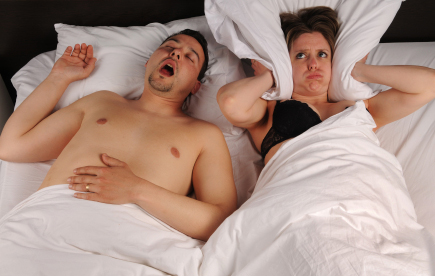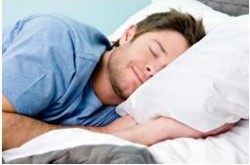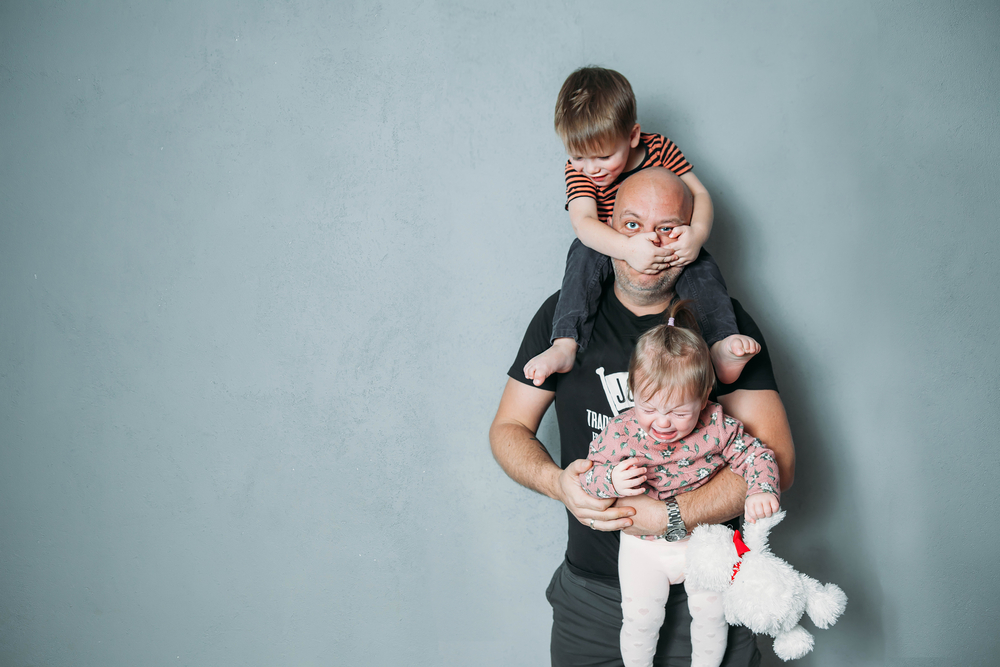What Is Sleep Apnea?
Sleep apnea is a sleep disorder in which one experiences abnormal pauses or shallow breathing during sleep. Each of those pauses is called an apnea and can occur up to 100 times a night and can last anywhere from a few seconds to over an hour. In some instances, people afflicted with sleep apnea actually stop breathing for up to a minute, which of course damages the body and stops them from getting a full night’s rest.
Because sleep apnea occurs while a person is unconscious, they may not be aware they even have it. This disorder can affect children as well as adults and patients typically experience daytime sleepiness/fatigue, vision problems, poor concentration and a slower reaction time. This disorder causes you to hover in more of a light sleep than ever moving into that deep sleep that really quenches our thirst for “catching some Z’s.”
Do I Have Sleep Apnea?
If you are wondering how to tell if you have sleep apnea or not, there are a few things you can take note of. A couple of the major symptoms you might experience are loud, chronic snoring and choking, snorting or gasping while asleep. Other common signs to look out for are going to the bathroom frequently, morning headaches, waking up with a dry mouth or feeling out of breath, insomnia and moodiness.
Keep in mind that not everyone who snores has sleep apnea and not everyone who has sleep apnea snores. Snoring doesn’t hinder the quality of sleep you get like sleep apnea tends to do, so if you are constantly feeling tired throughout the day even if you went to bed at a decent time, you may have sleep apnea.
Self-Treatment Tricks For Sleep Apnea
While those with moderate to severe sleep apnea should consult a sleep doctor and figure out the best treatment for them, those with mild to moderate sleep apnea can work on the problem themselves.
•About 70% of patients with this disorder are overweight or obese so one of the best things you can do is lose weight. According to theAmerican Sleep Apnea Association, there have been a few formal studies “of how effectively weight loss leads to lesser, lighter snoring and diminished incidents of apnea and hypopnea during sleep.”
•If you are a smoker, quit smoking cigarettes. Stogies increase inflammation and fluid retention in your throat and upper airways, which contributes to sleep apnea.
•Next, you should avoid drugs and alcohol; they slow your respiratory system which can create sleep apnea.
•Try to maintain a regular sleep schedule. Your apnea breakouts should decrease as you get more and better sleep.
Preparing for bedtime
There are also a couple things you can do before dozing off for the night that could help you reduce the number of sleep apnea episodes you experience.
Sleep On Your Side
When we sleep on our backs, our tongues may slip back into our airways causing difficulties in breathing. It is sometimes difficult to stay in the same position all night, I tend to flop around frequently myself, so try and place an uncomfortable object on or behind your back so if you happen to roll onto your back, you will not stay like that for long.
Elevate Your Head With Pillows
Propping up a few inches off the mattress will help to open your airways in contrast with laying flat on your back.
Keep Your Airways Open
Get some breathing strips, nasal spray or a neti pot to aid you in this process. This should help you have an easier time breathing as you sleep.
Give these tips a try and see if you can eliminate sleep apnea on your own. Having a partner who can monitor your breathing at night can help you see if these techniques are working. If not, your doctor recommend a local sleep lab can help you get diagnosed and prescribed the proper medical equipment to facilitate your oxygen flow while you sleep. For the average patient with sleep apnea, just knowing the right techniques will solve your problem!





Comments (0)